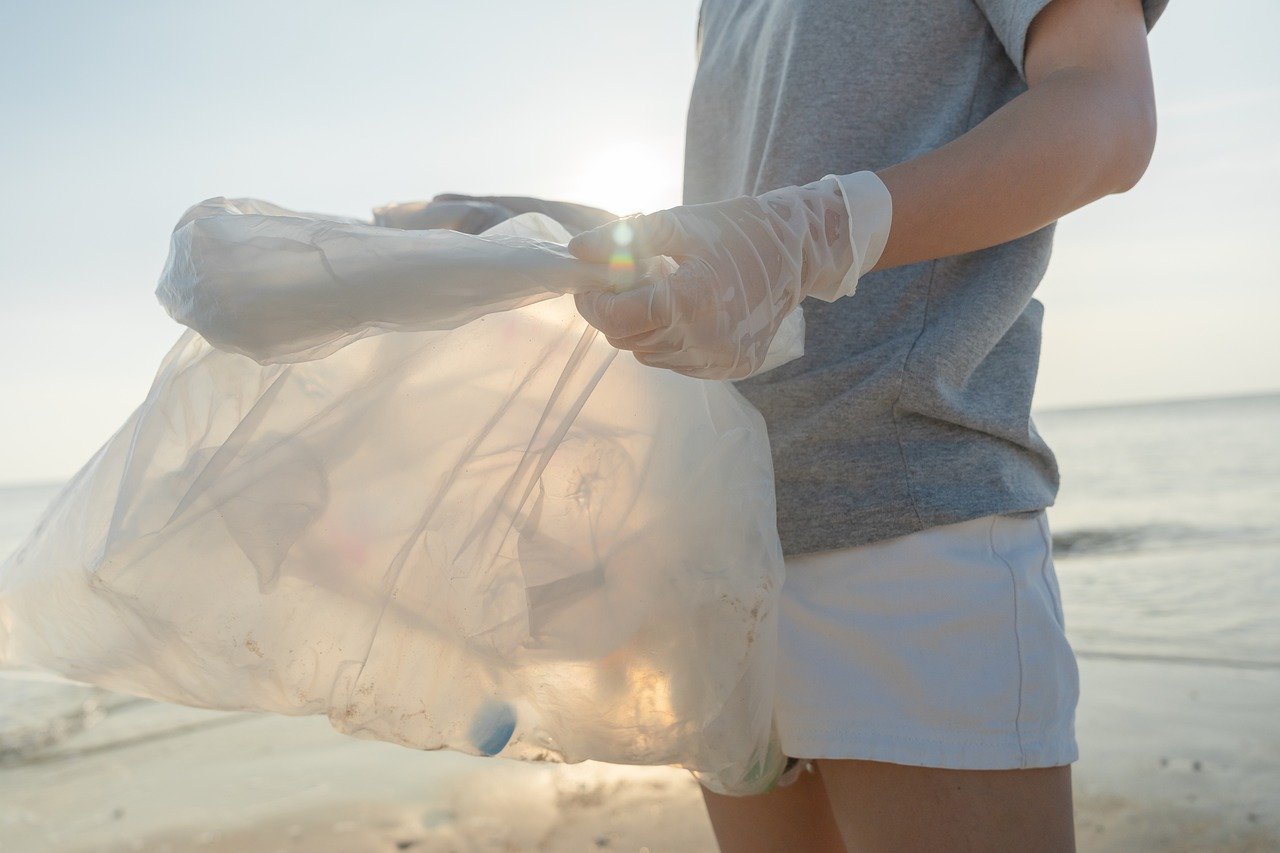The discussion of the UN Treaty on Plastics: but is limiting its use really useful?

This week the United Nations is discussing the future of plastic, or so it would seem on the surface. The UN Global Plastics Treaty negotiations aim to reduce plastic pollution, essentially limiting the use of plastic globally. And they seem doomed to fail.
The goal is certainly noble. Reduce the enormous amount of plastic waste we produce every day to prevent it from ending up in rivers, oceans and, according to some researchers , in our bodies. Achieving this goal, however, is another matter.
Plastic, particularly single-use plastic in packaging, has been instrumental in making many products more accessible to more people. And while electronics, for example, can be sold in non-plastic packaging, fresh fruit, vegetables and meat are another matter, and an expensive one at that. The advantages of using plastic are countless.
The European Union approved new rules on packaging just this week, aimed at reducing waste. One of these rules is, in fact, the ban on single-use plastic packaging for fresh fruit and vegetables starting from 2030. This means that starting from that year, tomatoes, for example, will be sold in packaging, probably made of cardboard. This would make them more prone to damage, which would lead to more food waste from supermarkets. This would make tomatoes as a whole more expensive. And this will not only concern tomatoes, but many fresh products. The consumer, out of his own pocket, will pay the cost of these policies.
It therefore seems that, although noble, the goal of reducing plastic pollution may be more difficult to achieve than it seems. The UN talks are themselves a good example. In a recent update, a green NGO present at the event said that the United States has refused to consider any other move beyond current legislation on the topic of plastic. If the world's largest plastic consumer refuses to consider anything on top of existing legislation, the chances of the rest of the world agreeing to something that could have a tangible effect on plastic use aren't exactly huge.
The oil industry will be more dependent on plastic
The oil industry, however, is worried. The media reported that many representatives of the oil and petrochemical industry were present at the UN talks in Ottawa, and the Guardian complained that “Fossil fuel and petrochemical supporters at Ottawa summit outnumber scientists, EU and indigenous delegates”.
The above report cites BP's forecast that plastic will account for up to 95% of oil demand growth in the two decades to 2040, which echoes many other predictions about the outlook for oil demand. Indeed, plastics are widely seen as the main driver of oil demand going forward, although we may be surprised at how long transportation sector demand will last given the latest developments in electric vehicle markets.
It's no surprise then that the oil industry seeks to protect this demand driver – and it has solid backing from science. Plastic contributes enormously to making modern healthcare so safe and, perhaps more importantly, contributes equally enormously to making many foods accessible to more people, simply because plastic packaging reduces the costs of transporting and storing these foods. However, while plastics used in healthcare are safe from bans, at least for now, plastics in food packaging are a target.
“The problem is pollution. The problem is not plastic." This is according to Exxon's product solutions manager, K aren McKee, who recently told the FT: " A limit on plastic production will not help us in terms of pollution and the environment ."
Alternatives to plastic packaging could have a larger emissions footprint, McKee argued.
If this sounds familiar, it's probably because it's reminiscent of the arguments against the electrification of transport, in light of all the raw materials extracted, refined and processed in EVs, casting a shadow over zero-emissions credentials.
The simple truth is that plastic is used on such a massive scale because it is, first of all, convenient and therefore also economical. Supporters of plastic bans would need to propose alternatives that offer the same combination of convenience and price to have a chance of success with bans on a significant scale.
The situation very much reflects the energy transition itself. Wind, solar and electric vehicles, not to mention hydrogen, have failed to displace oil, gas and even coal from first place in the global energy mix. This remains true even though the expansion of wind and solar has made gas and coal generation much less competitive, but this is mostly because renewables are heavily subsidized.
Unfortunately, the alternative to plastic production bans would be better disposal processes and more recycling. Unfortunately, recycling also has to be profitable to work, and much of it simply isn't. The world has a plastic waste problem. Bans may solve this problem, but they would create new and potentially more serious ones. This is certainly a serious conundrum.

Thanks to our Telegram channel you can stay updated on the publication of new Economic Scenarios articles.
The article The discussion of the UN Treaty on Plastics: but is limiting its use really useful? comes from Economic Scenarios .
This is a machine translation of a post published on Scenari Economici at the URL https://scenarieconomici.it/il-discussione-il-trattao-onu-sulla-plastica-ma-la-limitazione-del-suo-uso-e-veramente-utile/ on Sun, 28 Apr 2024 09:00:38 +0000.

